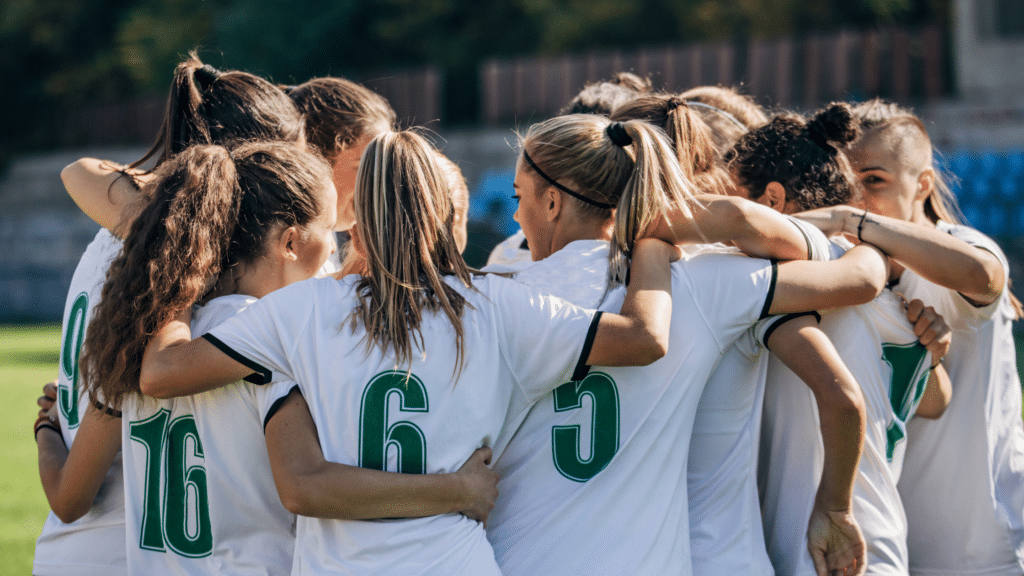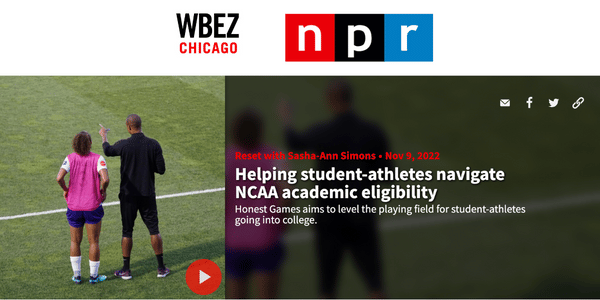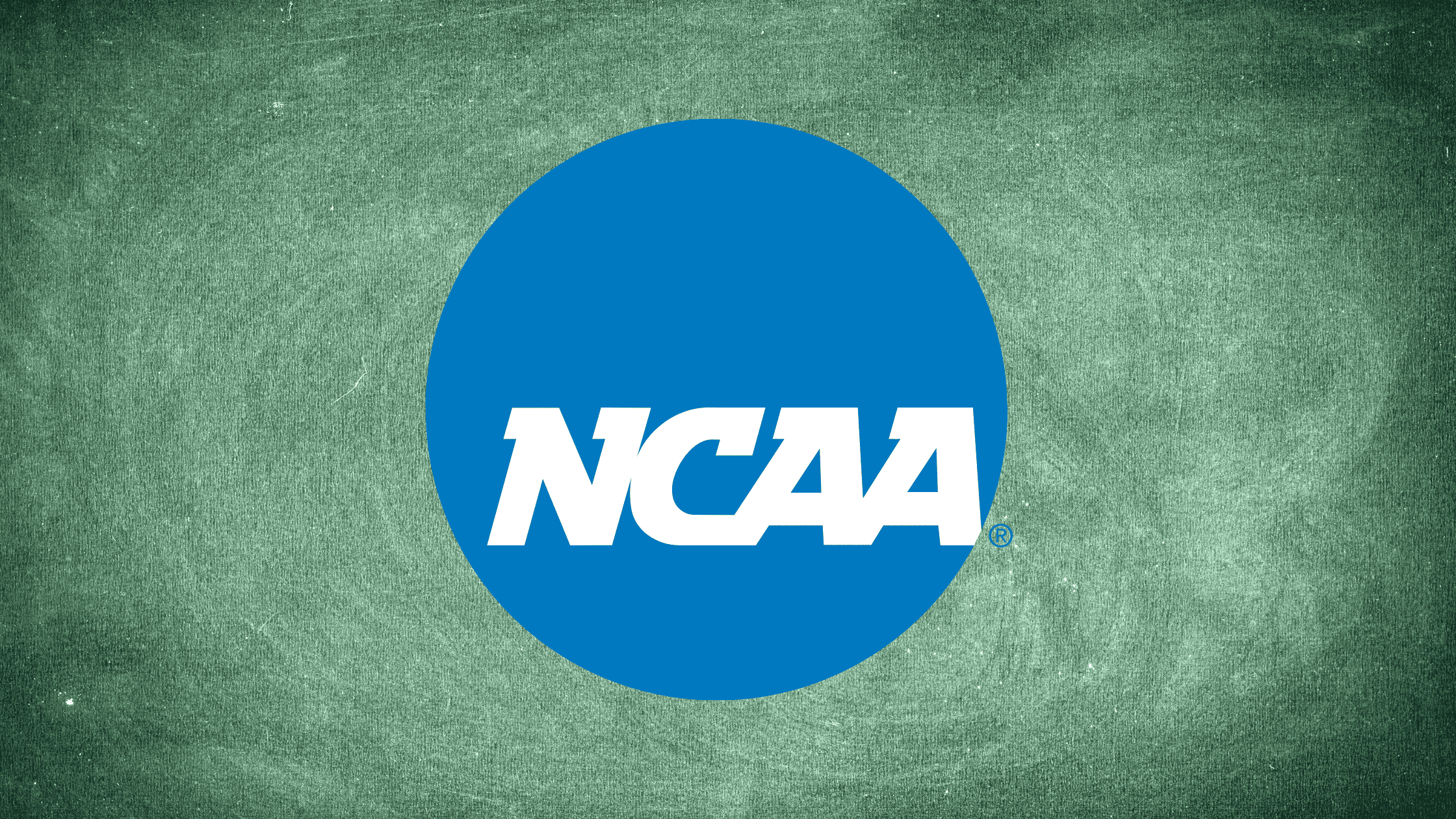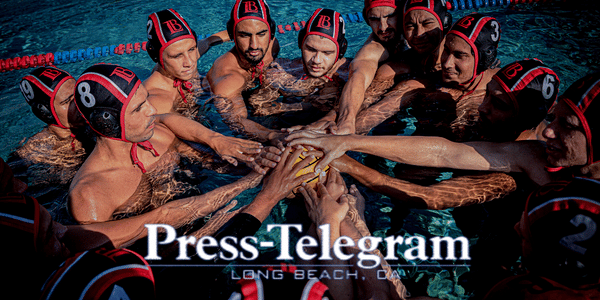Understanding the New NCAA Scholarship Limits: What It Means for Student-Athletes
Updated on Sep 8, 2025

The NCAA has officially approved changes to team roster sizes and scholarship limits that are reshaping college sports right now. These updates open new doors for some high school graduates to compete at the next level, while narrowing opportunities for others. Understanding how these shifts affect college athletic programs is key to helping student-athletes and their families navigate the evolving landscape.
These changes stem from the House v. NCAA settlement. As of July 1, 2025, colleges that opted into the settlement are required to follow the new roster and scholarship rules, including the removal of the “head count” scholarship model.
Instead of being limited to offering either a full or no scholarship in head count sports, NCAA member schools now have the flexibility to provide each student-athlete with a full, partial, or no scholarship, depending on their program’s strategy and funding. All NCAA sports are now considered equivalency sports, giving DI schools greater freedom in how they divide athletic aid within roster caps.
This flexibility has fundamentally changed recruiting. Academics are now the currency that unlocks opportunity. With coaches able to spread their scholarship dollars further, student-athletes with strong grades and academic merit rise to the top. Excelling in the classroom not only increases chances for athletic aid, but also positions recruits for merit-based scholarships that help coaches maximize limited budgets—a critical edge in today’s competitive transfer portal era.
Schools that chose not to opt into the settlement are excluded from the revenue-sharing model and are not bound by the new roster and scholarship structures.
More or Fewer College Access and Opportunities for Students?
The new NCAA roster and scholarship limits are designed to increase access and opportunities for more student-athletes to pursue their academic and athletic goals. By expanding limits to how many student-athletes are allowed on a team roster, more high school athletes, who may have been on the edge of playing college sports based on financial needs, may now have the chance to join teams and compete at the next level.
Honest Insight: The repercussions of the scholarship and roster updates will vary by college or university. Schools may increase their roster limits without increasing the available scholarship dollars. We might also see more rostered student-athletes receiving smaller scholarship packages. It could result in more walk-on rostered student-athletes receiving zero athletic aid and/or fewer available walk-on spots.
Honest Game recommends casting a wider net across different divisions as students look for opportunities to play college sports.
Understanding the New NCAA Scholarship and Roster Limits
In the new model, NCAA DI schools that opt into the House Settlement are permitted to offer a scholarship to each player on a sport’s roster up to the new roster limits. With the move, roughly 790 new scholarships are available across the 40-plus NCAA sports. According to Yahoo Sports, there were previously about 500 scholarships available under the old model; the new limits increase that number to over 1,200.
For example, football’s scholarship cap rose from 85 to a roster limit of 105, possibly adding 20 more scholarships for schools willing to offer the maximum. Baseball, previously limited to 11.7 scholarships, has increased to a 34-player roster limit, translating to an additional 22.3 possible scholarships.
While some baseball programs may need to reduce their roster down to 34 from a higher number, all could drastically increase the number of student-athletes who receive athletic aid, to as high as 34.
Students should always ask questions during the recruiting process to learn about each program.
Below is the list of NCAA-approved roster limits for the 2025–2026 academic year:
| SPORT | SEX | OLD ROSTER # | NEW ROSTER # | INCREASE |
|---|---|---|---|---|
| Baseball | Men | 11.7 | 34 | 22.3 |
| Basketball | Women | 15 | 15 | 0 |
| Basketball | Men | 13 | 15 | 2 |
| Beach volleyball | Women | 6 | 19 | 13 |
| Bowling | Women | 5 | 11 | 6 |
| Cross country | Women | 6 | 17 | 11 |
| Cross country | Men | 5 | 17 | 12 |
| Equestrian | Women | 15 | 50 | 35 |
| Fencing | Women | 5 | 24 | 19 |
| Fencing | Men | 4.5 | 24 | 19.5 |
| Field hockey | Women | 12 | 27 | 15 |
| Football | Men | 85 | 105 | 20 |
| Golf | Women | 6 | 9 | 3 |
| Golf | Men | 4.5 | 9 | 4.5 |
| Gymnastics | Women | 12 | 20 | 8 |
| Gymnastics | Men | 6.3 | 20 | 13.7 |
| Ice hockey | Women | 18 | 26 | 8 |
| Ice hockey | Men | 18 | 26 | 8 |
| Lacrosse | Women | 12 | 38 | 26 |
| Lacrosse | Men | 12.6 | 48 | 35.4 |
| Rifle | Both | 3.6 | 12 | 8.4 |
| Rowing | Women | 20 | 68 | 48 |
| Skiing | Women | 7 | 16 | 9 |
| Skiing | Men | 6.3 | 16 | 9.7 |
| Soccer | Women | 14 | 28 | 14 |
| Soccer | Men | 9.9 | 28 | 18.1 |
| Softball | Women | 12 | 25 | 13 |
| Stunt | Both | 14 | 65 | 51 |
| Swim | Women | 14 | 30 | 16 |
| Swim | Men | 9.9 | 30 | 20.1 |
| Tennis | Women | 8 | 10 | 2 |
| Tennis | Men | 4.5 | 10 | 5.5 |
| Track | Women | 18 | 45 | 27 |
| Track | Men | 12.6 | 45 | 35.4 |
| Triathlon | Women | 6.5 | 14 | 7.5 |
| Tumbling | Women | 14 | 55 | 41 |
| Volleyball | Women | 12 | 18 | 6 |
| Volleyball | Men | 4.5 | 18 | 13.5 |
| Water polo | Women | 8 | 24 | 16 |
| Water polo | Men | 4.5 | 24 | 19.5 |
| Wrestling | Women | 10 | 30 | 20 |
| Wrestling | Men | 9.9 | 30 | 20.1 |
For schools, students, and their families, this presents an exciting development but also underscores the importance of being academically eligible to take advantage of these new opportunities.
Why Academic Eligibility Matters More Than Ever
With larger rosters and more scholarships available, academic eligibility is now in the spotlight because more is at stake. The NCAA requires student-athletes to meet certain academic standards to participate in college sports. These standards include a minimum NCAA Core GPA and completion of 16 NCAA-approved Core Courses, among other requirements.
Failing to meet these requirements can prevent a student-athlete from competing or even being rostered, regardless of their athletic abilities. That’s why excelling in the classroom is about more than just meeting the minimum – it creates more opportunities to play.
Honest Insight: Strong academics position recruits for both athletic aid and merit-based scholarships, giving college coaches the flexibility to stretch their limited recruiting budgets further and open doors for more student-athletes.
Honest Game’s Academic Eligibility Guide outlines the steps to maintain eligibility, from planning out high school courses early to staying on top of academic performance throughout the school year. With increased opportunities to play, ensuring academic readiness is vital to prevent missing out due to eligibility issues.
Preparing for the Future: A Unified Approach
As the NCAA expands opportunities, the importance of academic preparation cannot be overstated. Honest Game provides guidance and resources to help student-athletes navigate this complex eligibility landscape, ensuring they are prepared to succeed both in the classroom and on the field.
Stay ahead of the curve with Honest Game! Let’s work together to ensure that you give your students the tools they need to succeed in this new era of college athletics.

Having served on the NCAA Eligibility Center High School Advisory Board and as the College Bound Student-Athlete Advisor at Evanston Township High School (Evanston, IL), Joyce has advised more than 2,000 high school student-athletes and families on academic eligibility and recruiting.



